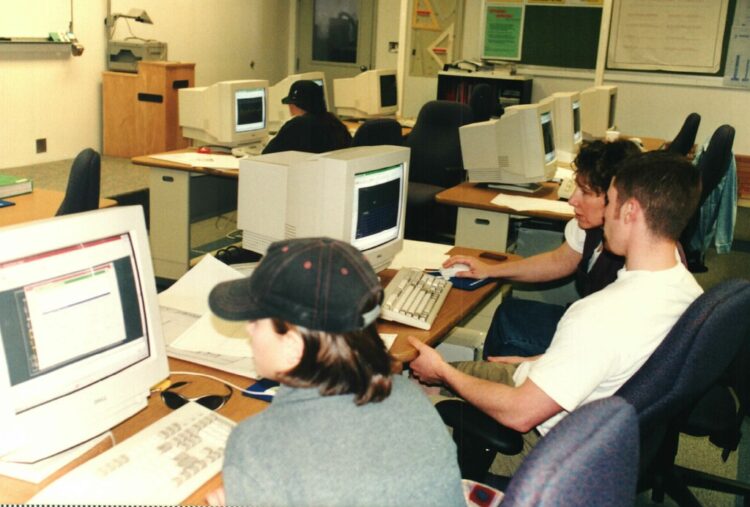
The 2000s weren’t just a decade — they were a feeling. The world was simpler and louder all at once. We still texted in T9, burned CDs like love letters, and believed a computer shutting down made that perfect sigh of finality. Technology was clumsy, fashion was chaotic, and somehow everything felt more personal. Here are 15 memories from the 2000s that everyone still feels deep down.
The Sound of Dial-Up Internet
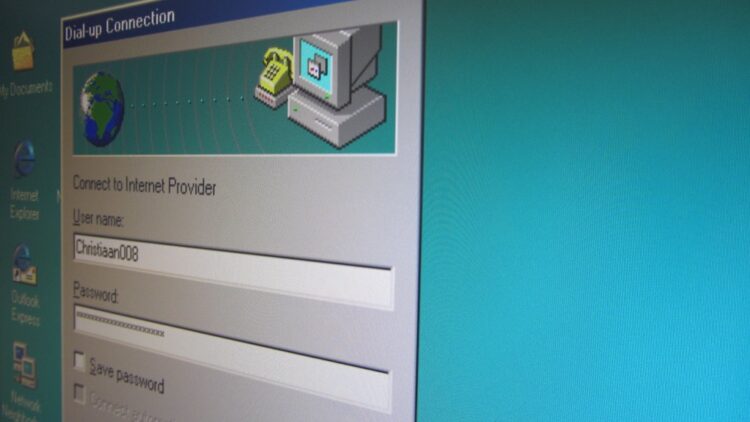
That screeching, crackling sound that meant connection — slow, stubborn, miraculous. You’d wait, sometimes minutes, just to load one webpage. Nobody multitasked; you sat, watched, and hoped it wouldn’t cut off. It was a sound that divided eras: before and after the world came rushing in. Today, instant Wi-Fi feels sterile by comparison. Dial-up was frustrating, yes — but it made patience feel like progress.
Burning CDs for People You Liked
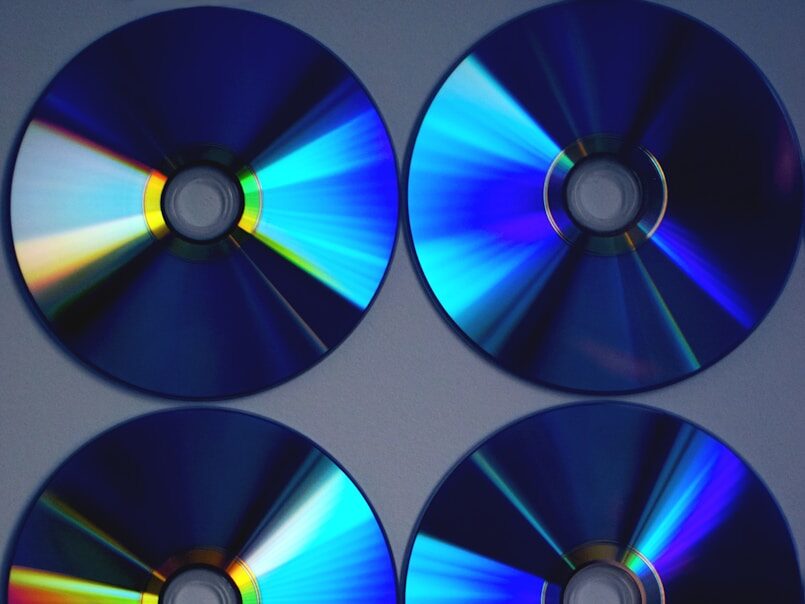
There was intimacy in it. You didn’t just make playlists. You curated emotion, track by track. Each song meant something, each title handwritten with care. You waited for the disc to finish burning, then slipped it into a case like it held a secret. Sharing music felt personal, like saying, “This is how I feel, but I can’t say it out loud.” Spotify could never make it that sacred.
Using MSN or AIM Until Midnight
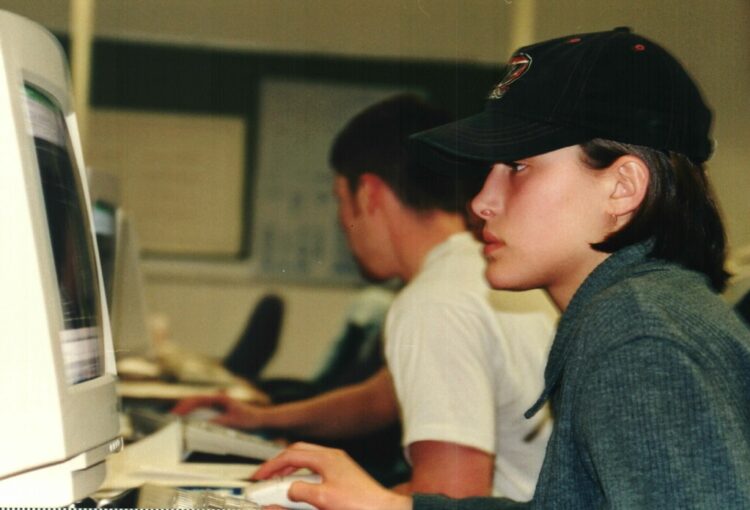
Conversations carried a rhythm — the soft buzz of a new message, the typing indicator that made your heart race. You’d sign off dramatically (“brb,” “ttyl”), then come back minutes later. Every emoji, every screen name, every nudge meant something. You could be shy in real life, but fearless behind that glowing screen. Those chats felt endless and weightless, like the world existed only between you and that blinking cursor.
The First Time You Made a MySpace Layout
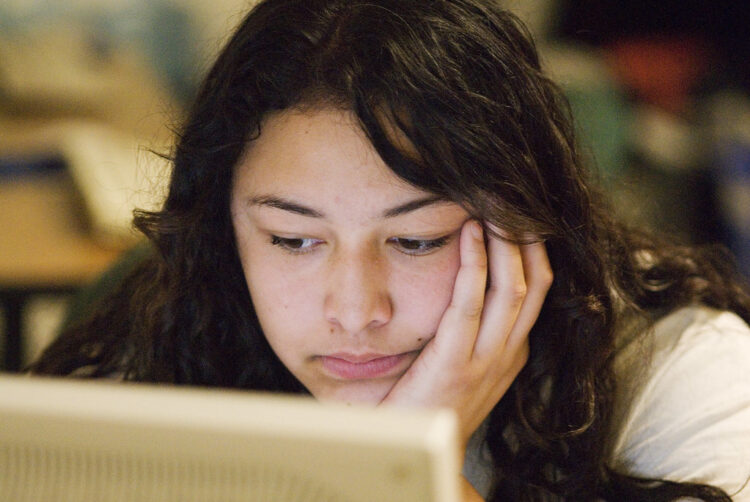
Learning HTML wasn’t coding. It was identity. You’d spend hours changing background colors, adding sparkly GIFs, andpicking the perfect song for your profile. The “Top 8” friends caused more drama than any breakup ever could. MySpace wasn’t just social media; it was personality with glitter. It lets you design who you were — one blinking banner at a time.
Friday Nights at Blockbuster
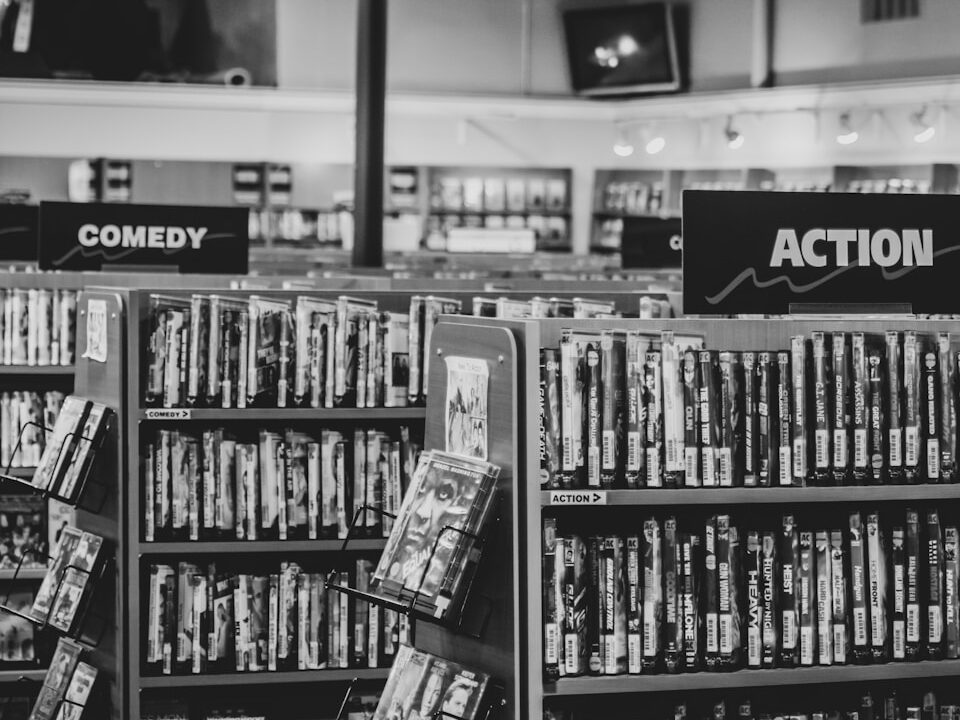
The smell of popcorn, plastic cases, and air-conditioning. You’d walk down aisles holding a box by the spine, reading the blurb on the back. Picking a movie was a ritual. Sometimes your choice was gone, and that disappointment felt huge. You’d head home, DVD in hand, feeling like you’d won something. Streaming might be easier, but it’ll never feel that intentional.
Recording Songs Off the Radio
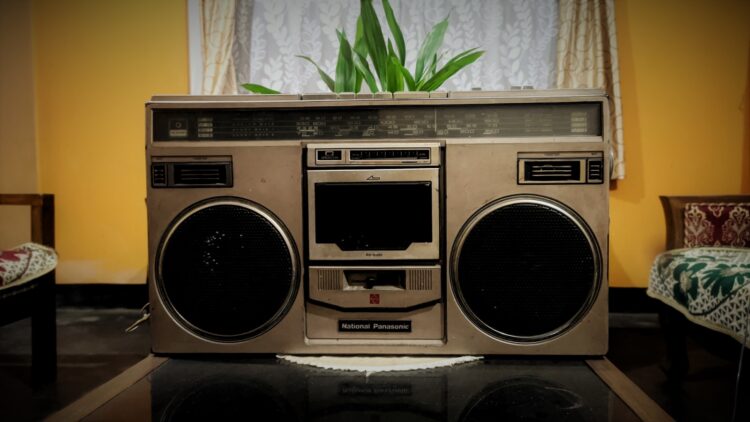
You’d sit by your stereo, finger hovering over the record button, praying the DJ wouldn’t talk through the intro. Each tape was imperfect, but that was part of the charm. Every mix told a story, part accident, part effort. You didn’t have endless playlists; you had patience, timing, and luck. And it always sounded better because you’d earned it.
Digital Cameras and “Candid” Photos
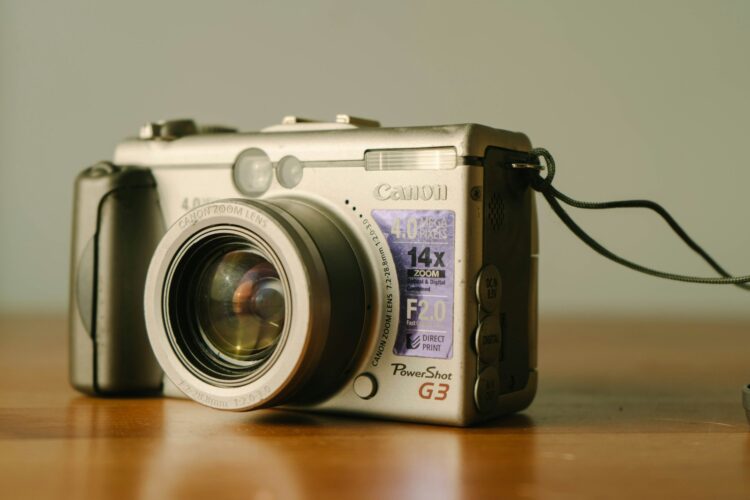
You’d pose, press the button, and wait for the flash to blind everyone. No filters, no instant uploads — just the click, then anticipation. You couldn’t check right away, so photos felt more real. You’d find them later on your computer, blurry and overexposed, but somehow perfect. Every picture carried proof that you were there — living before life turned into content.
LimeWire and Risking Your Computer for Music
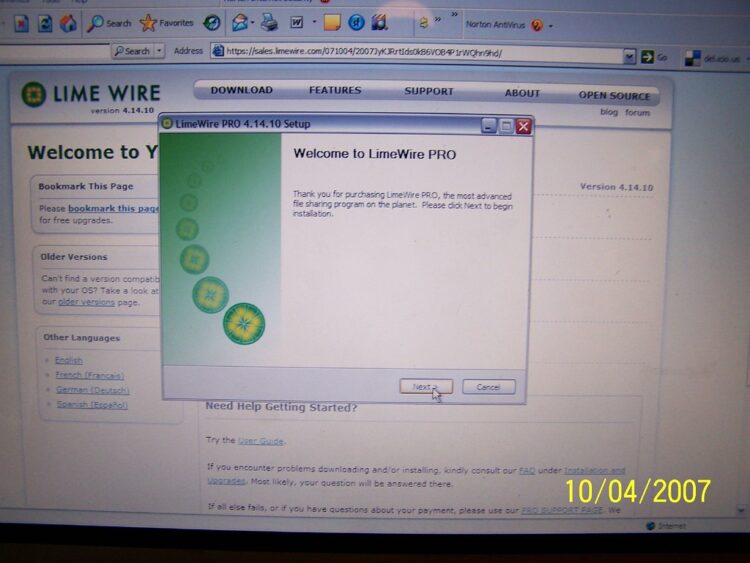
We all did it — risking viruses and chaos for one song. You’d type in the title, hold your breath, and hope it was the rightfile. The thrill wasn’t just the music, but the rebellion of getting it for free. You learned patience, disappointment, and tech troubleshooting before you knew what malware was. It was reckless and innocent, and somehow, that contradiction defined the 2000s.
Flip Phones and the Art of T9 Texting
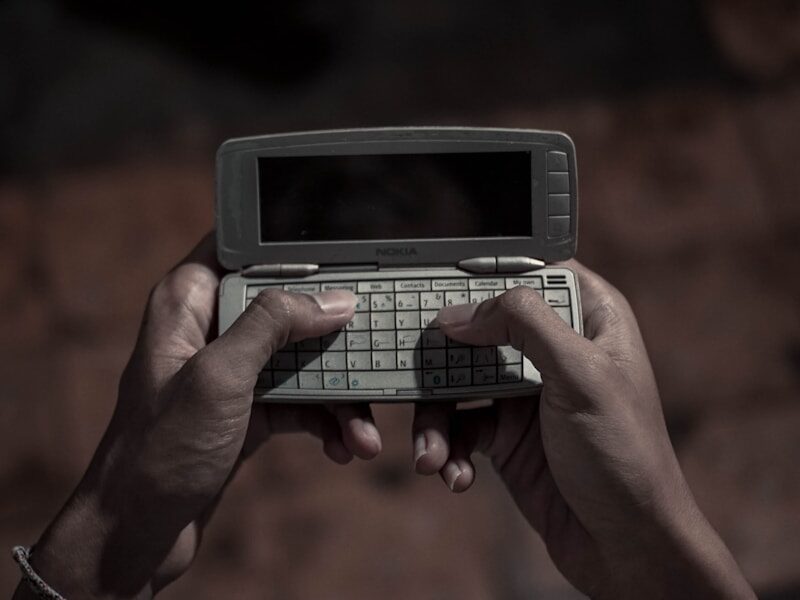
Every word was tapped out, number by number, like a secret code. You could write full paragraphs without ever looking down. A good texter was fast, precise, and patient. When you flipped your phone shut after sending the last message, it felt final — like closing a door with flair. That click was confidence you could hold in your hand.
Wearing Livestrong Bracelets and Von Dutch Hats
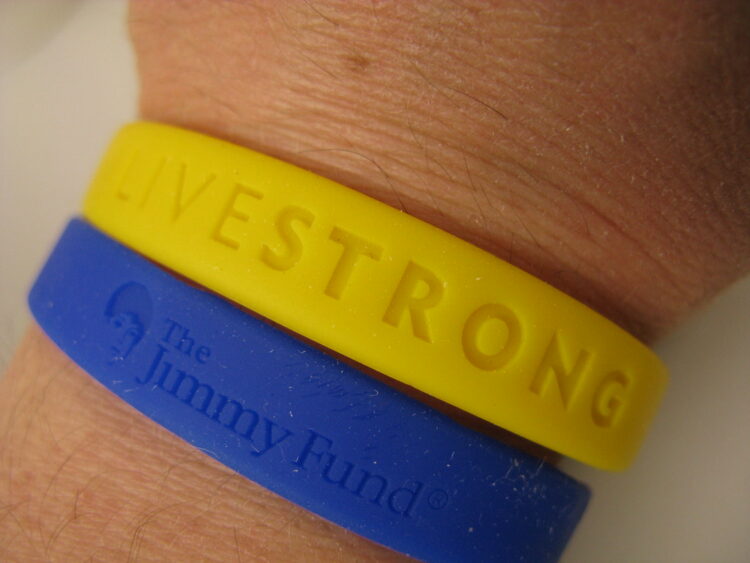
Trends came in waves — neon, denim, trucker hats, rubber bracelets that meant something until they didn’t. We wore slogans and causes like armor. Everyone looked slightly ridiculous, but nobody cared. There was freedom in that — to experiment, to follow, to belong. Fashion wasn’t about aesthetics; it was about participation. You didn’t dress to impress — you dressed to be part of a moment.
Watching MTV When It Actually Played Music
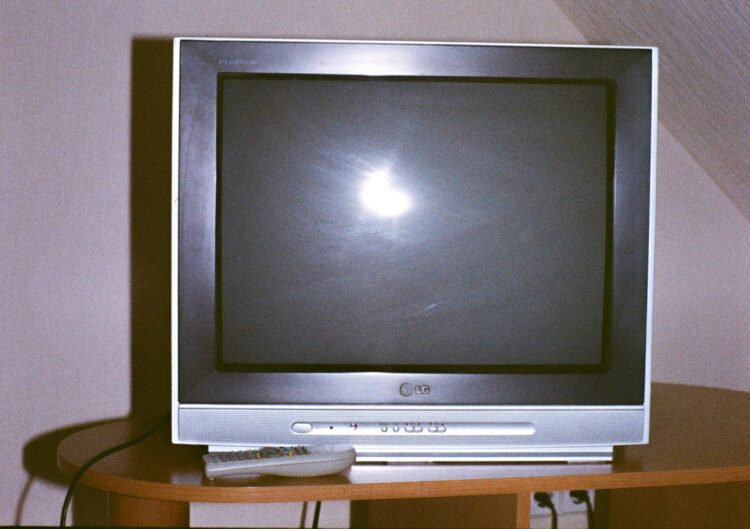
MTV wasn’t background noise; it was culture. You’d wait for your favorite video, memorize every lyric, and talk about it the next day at school. Shows like TRL or Pimp My Ride made everything feel larger than life. Music felt like a shared event, not an algorithm’s suggestion. The 2000s made you believe fame had a soundtrack — and you knew every beat.
The Simplicity of Early Cell Phones
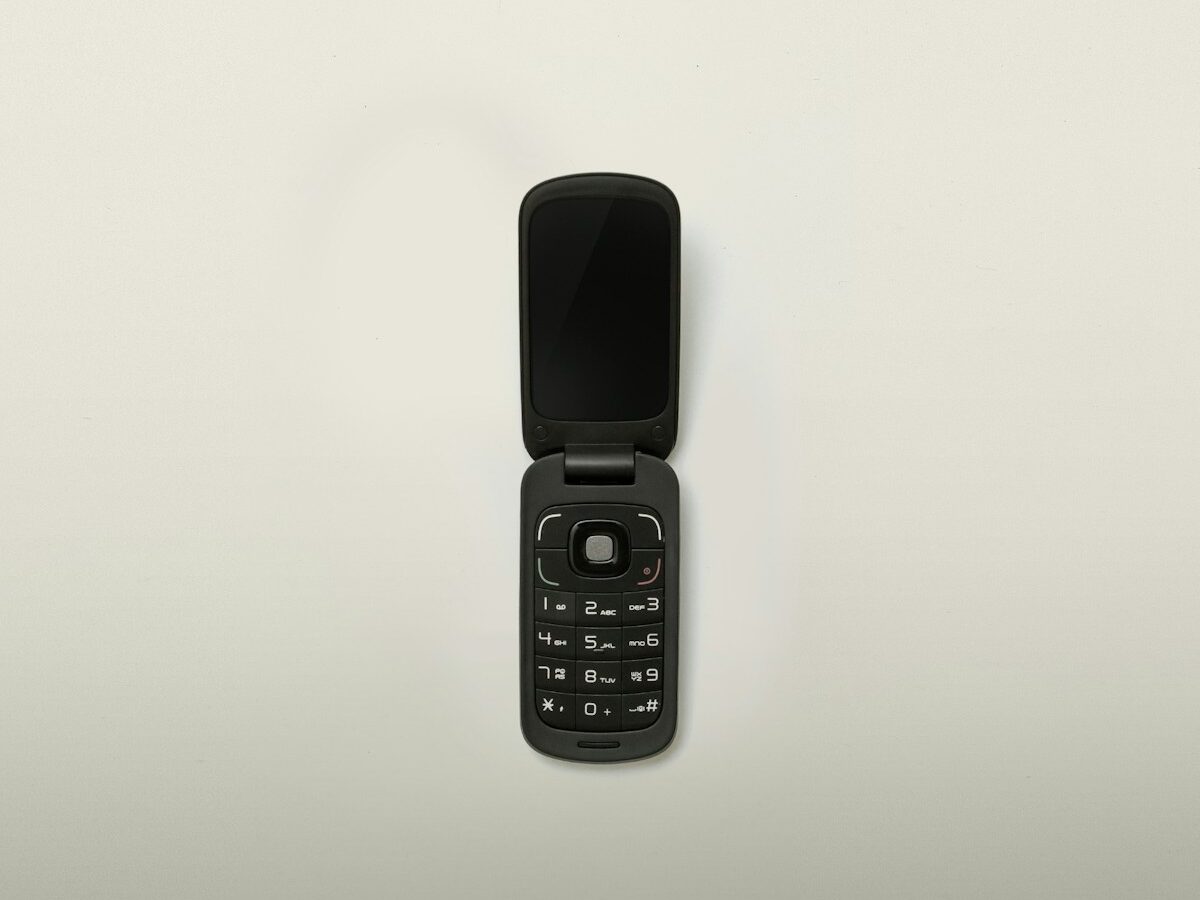
Before apps, before notifications, before anxiety — there were phones that just called and texted. Snake, pixel screens, monophonic ringtones. You’d personalize your tone like a badge of identity. The battery lasted for days, and so did your attention span. You didn’t scroll to fill silence — you lived in it. The phone stayed in your pocket until you actually needed it. Imagine that.
Buying Ringtones with Real Money
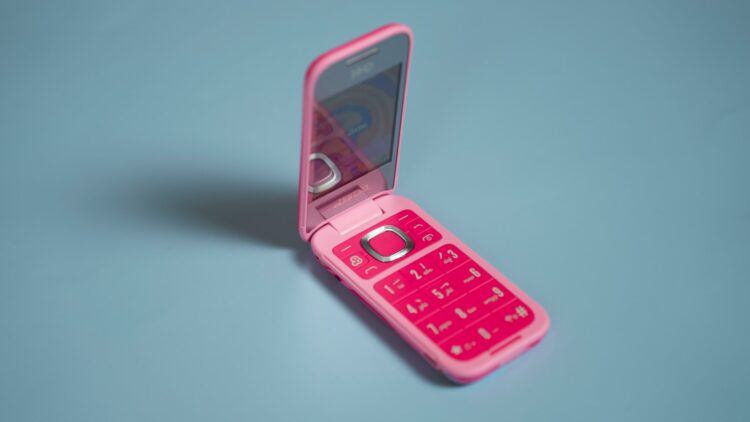
There was something hilarious and heartfelt about paying $1.99 so your phone could play 50 Cent or Britney Spears when someone called. You’d hold the speaker up proudly, waiting for friends to hear. It was pointless and perfect — a small act of expression before customization became effortless. Every ringtone was a statement, not a default.
The Magic of Early YouTube
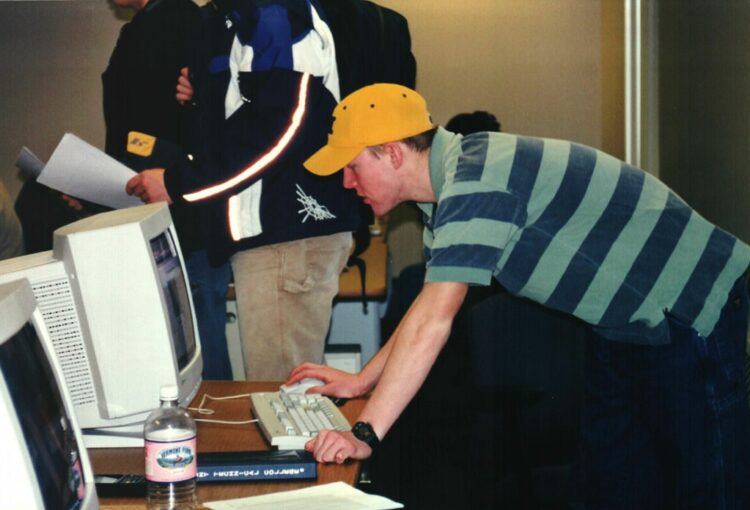
When YouTube started, it wasn’t an industry; it was a window into chaos and creativity. Grainy home videos, bad lighting, genuine laughter. It felt like a discovery — each click a small adventure. You’d stumble on music covers, vlogs, or random clips that felt real before the word “content creator” existed. The internet wasn’t polished then. It was messy, honest, and alive.
The Feeling of Logging Off
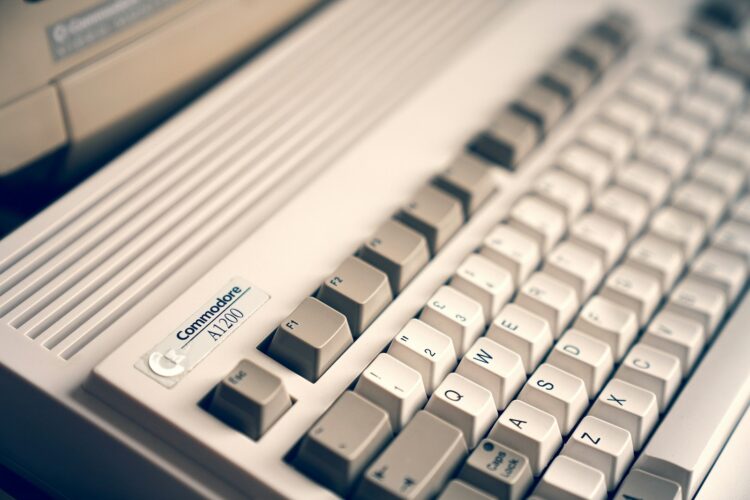
There was something peaceful about shutting the laptop, hearing it hum to a stop, and knowing the day was done. No endless scrolling, no alerts — just the sound of your own room again. The 2000s had boundaries that technology no longer respects. You could disappear for a while, and no one panicked. Logging off didn’t mean disconnection. It meant returning to yourself.

